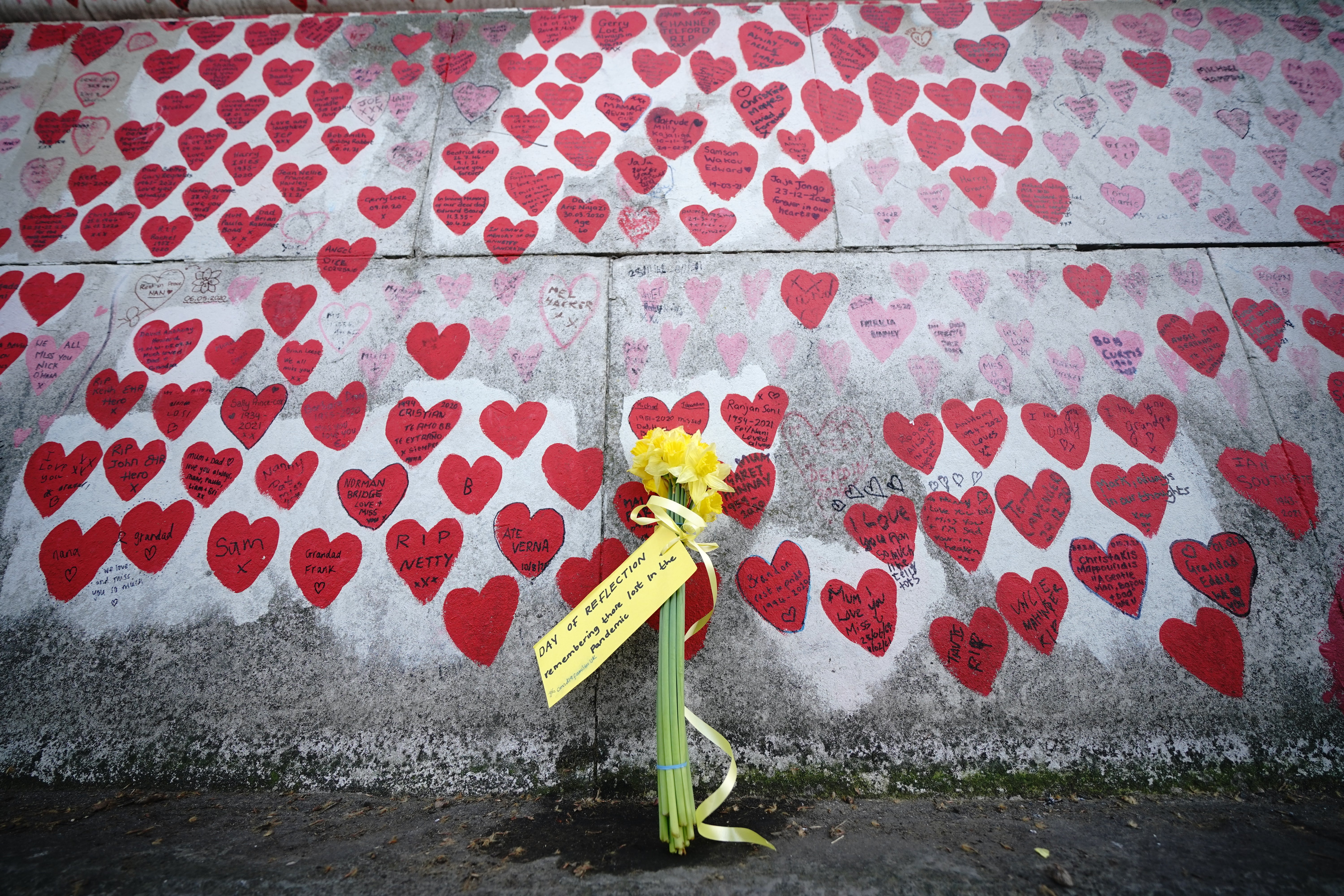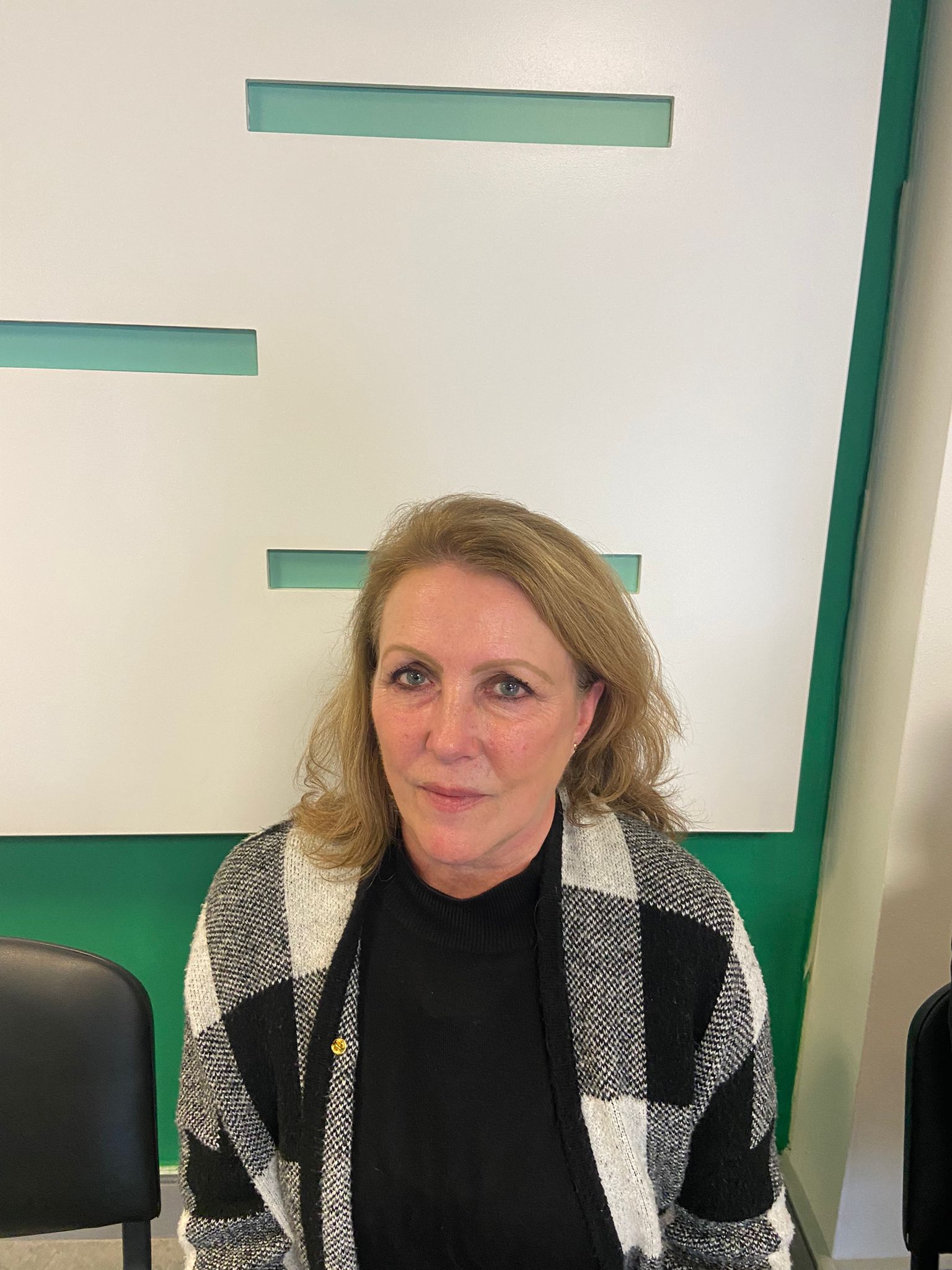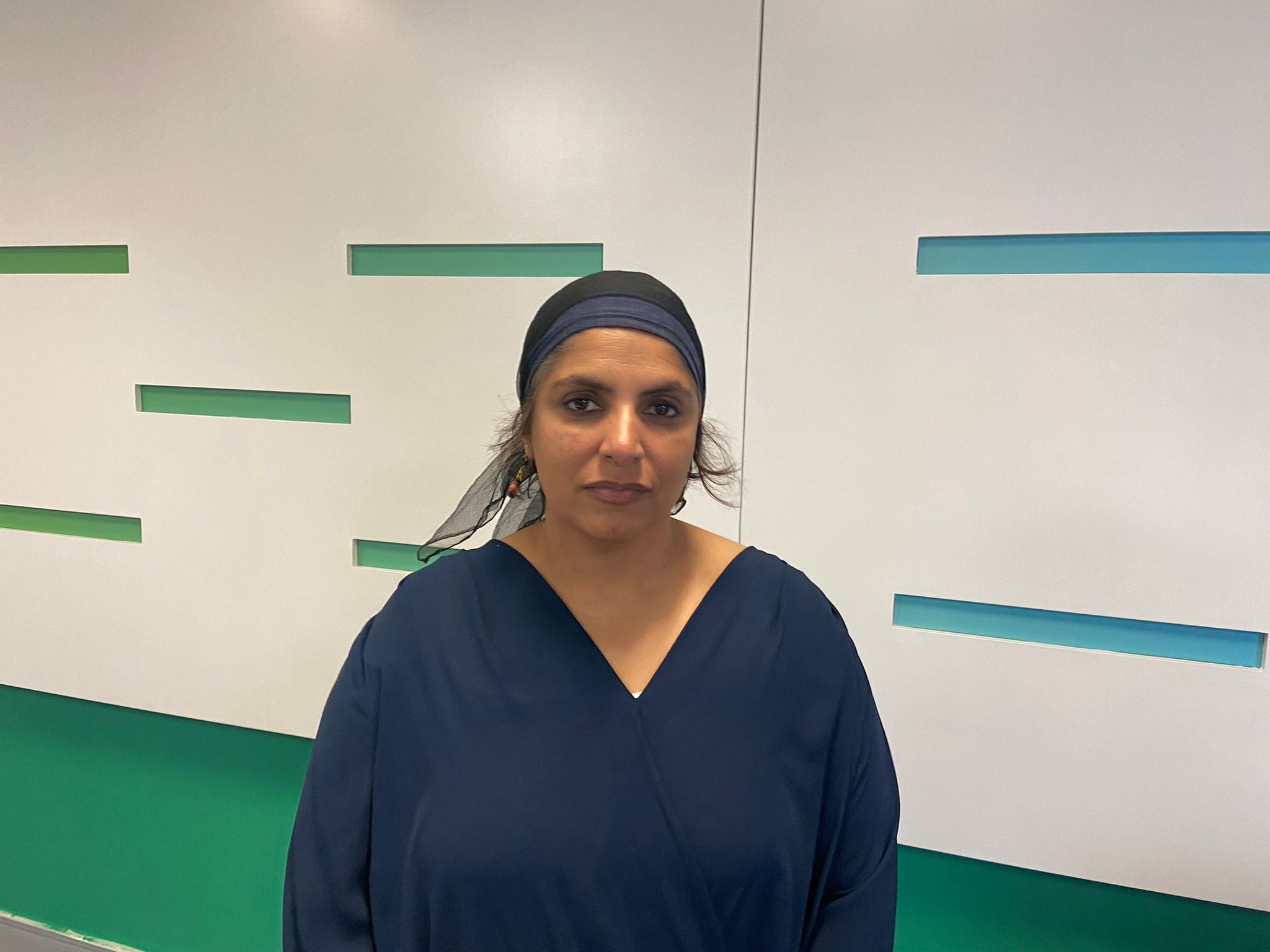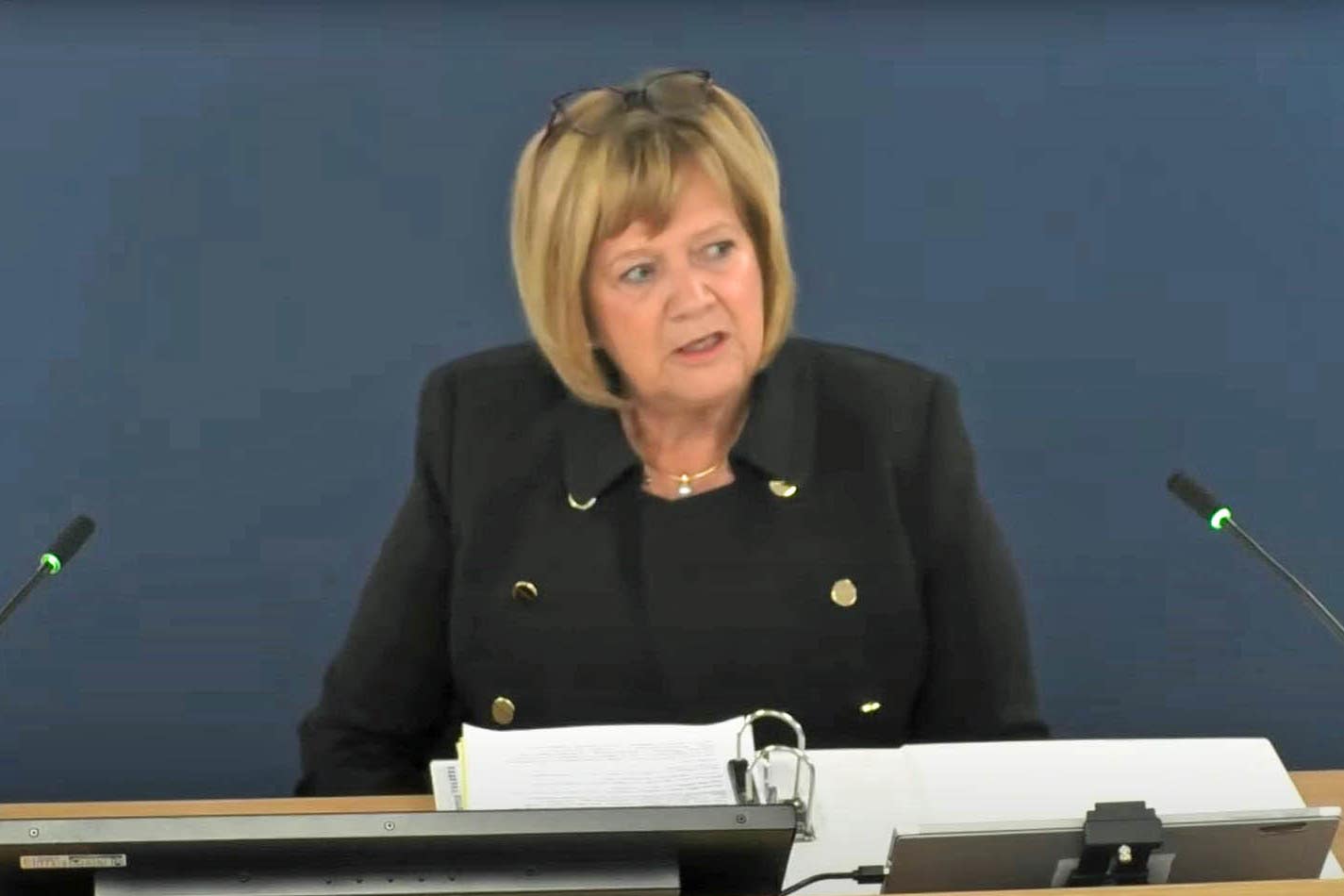Covid inquiry ‘marginalising’ bereaved on first day of hearing
Lawyer for families said there was concern about how the inquiry team had been engaging with them

Your support helps us to tell the story
From reproductive rights to climate change to Big Tech, The Independent is on the ground when the story is developing. Whether it's investigating the financials of Elon Musk's pro-Trump PAC or producing our latest documentary, 'The A Word', which shines a light on the American women fighting for reproductive rights, we know how important it is to parse out the facts from the messaging.
At such a critical moment in US history, we need reporters on the ground. Your donation allows us to keep sending journalists to speak to both sides of the story.
The Independent is trusted by Americans across the entire political spectrum. And unlike many other quality news outlets, we choose not to lock Americans out of our reporting and analysis with paywalls. We believe quality journalism should be available to everyone, paid for by those who can afford it.
Your support makes all the difference.Bereaved families fear their experiences will be “diluted” in the UK Covid-19 Inquiry after it was confirmed their evidence would be submitted to a third-party company.
Instead of the usual “pen portraits” heard in the inquiry, families will submit their evidence to a private research company as part of a parallel listening exercise that will analyse the responses and feed back the findings to the inquiry chaired by Baroness Heather Hallett.
Matt Fowler, co-founder of the Covid-19 Bereaved Families for Justice campaign, said while families believe the start of the inquiry is a step in the right direction after campaigning for two years, they fear being excluded from the inquiry because of the listening exercise.
“All bereaved families want from the inquiry is the same outcome that anyone should, for lessons to be learnt from our loss that can stop the monumental scale of death that took place from happening again,” the 35-year-old said following the preliminary hearing. “As Baroness Hallett herself has acknowledged, for that to happen the experiences of the bereaved must be learnt from, so why is she leaving us out in the cold instead of working with us?”
Fran Hall, 61, from Buckinghamshire, lost her husband, Steve during the pandemic. She fears that the listening exercise risks “diluting” the experience of the bereaved and urged the inquiry to avoid the “soulless” process in exchange for families being able to give their evidence in the official inquiry.
“It feels like we’re being told we’re at the centre of this inquiry but then at the same time being told that our individual stories of pain will not be integrated into the inquiry and that it’s going to be a parallel process – it’s going to be diluted, anonymised and summarised by a third party,” Ms Hall said.
A&E doctor Saleyah Ahsan, from east London, worked in intensive care units during the pandemic. She said she remembers holding hands with people and telling them they needed to be intubated as they desperately called their families – some died in intensive care.
“It is very important that stories jump off the page and are real because they are real,” Ms Ahsan, who is developing a documentary from the front line of the pandemic as a doctor, said.
She added: “If we really want to make sure we get this right there is only this inquiry, it has to be right. I am a medic, I see the numbers are rising, it’s autumn. Thankfully we’ve got a booster but hospitals are getting busy – I’m worried.”
Pete Weatherby KC, representing Covid-19 Bereaved Families for Justice, warned that the listening exercise risked “marginalising” the voices of the families who lost loved ones in the pandemic.

He added that families had experienced “substantial frustration” over delays in getting the inquiry formally started, and there are now concerns about how the inquiry team has been engaging with them.
“The listening exercise proposal does not listen to and consider carefully the experiences of bereaved families and others who have suffered hardship or loss as a result of the pandemic,” Mr Weatherby told the inquiry in his submission during the first preliminary hearing in London.
“The listening exercise outsources examination of the experiences and the evidence of the bereaved and of their loss and it places them in a parallel framework, and it does, with respect, marginalise the bereaved and their voices,” he added.
However, Baroness Hallett rejected the suggestion that experiences would be “marginalised”, warning Mr Weatherby that she didn’t want to hear the expression in the inquiry again.

She added: “There is absolutely no question that the bereaved will be marginalised.
“The listening exercise, far from marginalising the bereaved, is to extend the number of people who suffered and the number of bereaved who have suffered to many, many thousands more than we could do in the ordinary, classic way of a formal hearing.”
Baroness Hallett said some people will be given core participant status, which gives them the right to the disclosure of documentation, the right to be represented and make legal submissions, suggest questions and receive advance notice of the inquiry's report.
“The fact that someone contributes to the listening exercise will not prevent them from giving evidence at the public hearings of the inquiry if they have relevant evidence to give,” Baroness Hallett said.
“I have taken no decisions as yet on the witnesses to be called so no one has been barred from giving evidence.”

Mr Weatherby also raised concerns about which research company would be selected to oversee the listening exercise amid reports the firm would be chosen from a government-approved list that could have also been involved in government Covid messaging during the pandemic.
The inquiry was told that 28 individuals and organisations have been granted core participant status for the first module of the inquiry.
These include groups representing the bereaved in each of the UK nations, the NHS, the UK Health Security Agency, the Treasury, the secretary of state for health and social care, the Home Office, the Department for Business, Energy and Industrial Strategy, the Department for Environment, Food and Rural Affairs, the Local Government Association and the National Police Chiefs Council.
The inquiry is expected to last at least a year, with the first evidence sessions starting in May 2023 and another preliminary hearing early in the new year. The inquiry is scheduled to last four weeks.


Join our commenting forum
Join thought-provoking conversations, follow other Independent readers and see their replies
Comments